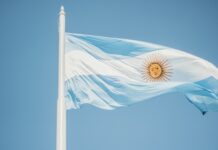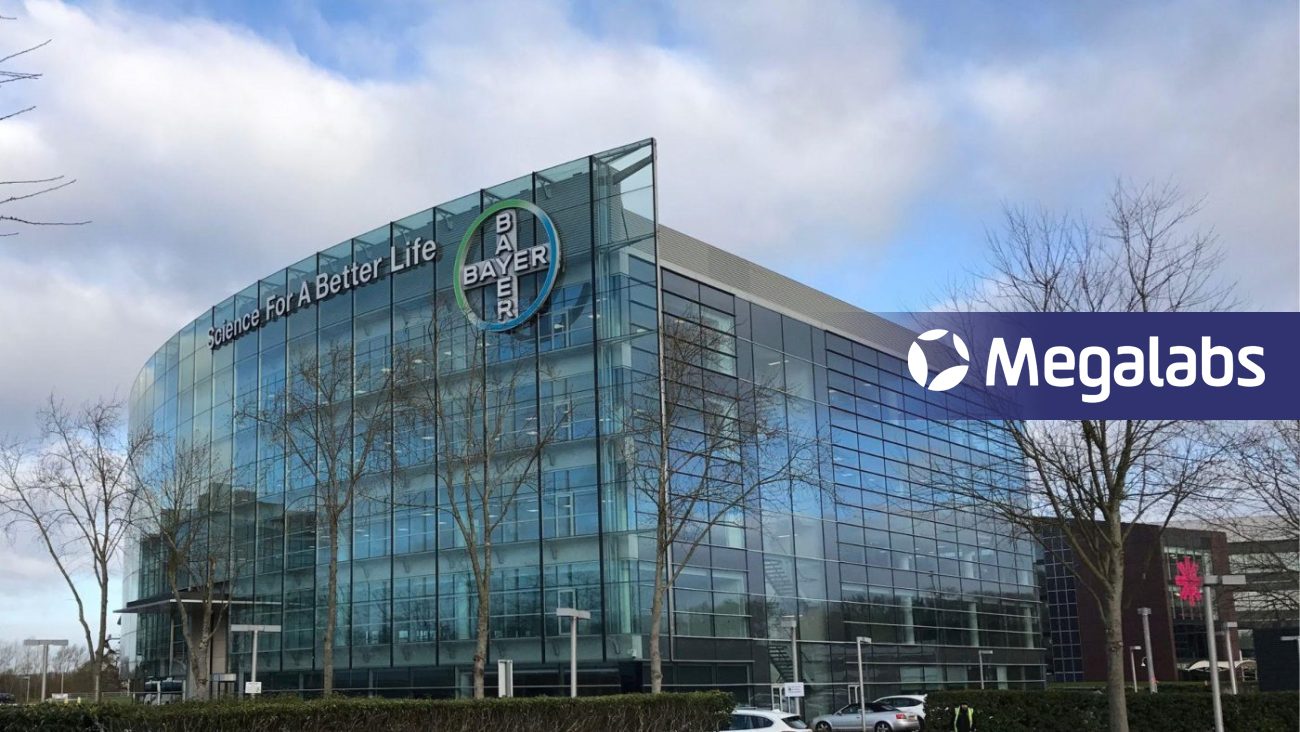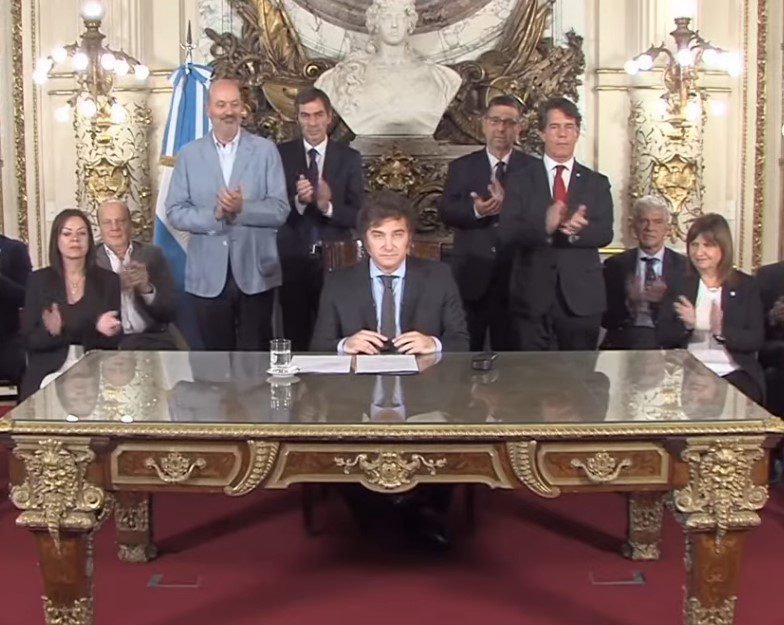For a second time in its history, the US drugmaker Eli Lilly has decided to close its office in Argentina. The first time was in the 80s, during the presidency of Raúl Alfonsín. At that time, Lilly’s withdrawal left the market with a lack of insulin. This time, the company’s signed an agreement for representation with the Argentine drugmaker Raffo, which will continue to market Lilly’s portfolio of products in the country. All of Lilly’s staff will be laid off.
Eli Lilly, the US drugmaker that specialises in diabetes and in highly complex segments, has decided to bail out. Although the case has its own nuances, it’s joining the list of foreign drugmakers that have departed from the local market, such as France’s Pierre Fabre which took the decision to leave Argentina a year ago. See article «Pierre Fabre exits Argentina».
However, it’s not the first time that Lilly has taken a step in this direction. The multi also upped camp in the 1980s, when it took issue with Argentina’s price controls and left insulin users in a fix. At that time, the company, now headed by David Ricks globally, ruled the market. Insulins from Denmark’s Novo Nordisk and France’s Sanofi had not yet emerged, so the dimensions of Lilly’s decision had a major impact at the political-health level.
It’s not only an exit from Argentina. The multi is replicating the same strategy in Chile, Peru, Ecuador and Central America, where its portfolio will be taken up by the Tecnofarma group, a regional structure of which Argentina’s Raffo forms part.
Now, 30 years later, there’s a licensing agreement in place ahead of the new withdrawal. The Argentine drugmaker Raffo will represent all of Lilly’s portfolio in the country. However, Lilly’s entire workforce of around 160 employees will be dismissed. The staff includes positions in marketing and sales, administration and quality control, as well as the management team. The latter, with Leonardo Romero as Human Resources Manager and Juan Sánchez de Bock as Finance Director, has been in the know about the withdrawal for half a year when negotiations with three local drugmakers began.
The political context has always been decisive for Lilly’s decisions. The key factor that led the company to return to Argentina in the 1990s was the country’s convertibility exchange policy, which pegged the Argentine peso to the US dollar during the presidency of Carlos Saúl Menem. Now the financial equations don’t add up, with prices falling behind inflation, limits on transferring profits, and other issues such as the restrictions imposed by PAMI, Argentina’s social security system for pensioners.
Everyone preferred to line up with the parent company and not let slip any information inside the company. Having been highly successful with that mission, most of the top brass will retain a position at Lilly for the region. It’s also expected that general manager Felipe Borges dos Reis, who was appointed during the Covid-19 pandemic and had little interest in travelling down to Argentina, will also receive the corporate reward of continued promotion in the corporation. Of course, the team also includes Martin Skubic, Alliance & Business Development Manager, who followed the negotiations with potential local partners inch by inch.
In this shuffle and redeal, the products that will fall under the wings of Argentina’s Raffo are the insulins Humalog, Humulin, and Basaglar; the hypoglycemic agent Trulicity: Glucagon, for diabetes; Cialis, for erectile dysfunction; the antidepressants Prozac and Cymbalta; the oncological treatments Cyramza, Verzenio, Alimta, and Gemtro; Olumiant for rheumatoid arthritis; and Zyprexa for schizophrenia. The list is completed with Taltz for psoriasis; Strattera for attention deficit; and Evista for osteoporosis. The group as a whole had been generating turnover of about AR$ 2.6 billion (US$ 25 million) annually, according to market audits.
Lilly’s withdrawal from Argentina means the multi will bid farewell to the offices that it rented at Tronador 4890 in the Panamericana Plaza, a building adjoining the Dot Baires shopping mall on the Buenos Aires city limits. Other pharmaceutical companies such as Germany’s Merck and Japan’s Takeda were also based here until they moved. Although in practice, since the Covid-19 pandemic hit Argentina in March 2020, no one has been attending the offices, which has facilitated a quiet «operation exit«.
This weekend, Lilly’s employees, who have a relationship with the company until July 31, still didn’t have details about the exit package that the company would offer them. Everything is under the control of the law firm Brons & Salas, which has always handled the multi’s legal matters in the country. In fact, today the firm does not even have its own local legal director.
The company had actually already given the first signal of its plans when it pulled out from PAMI. Pharmabiz revealed this week that the multi had put an end to its participation in the agreement with the state social security provider. In a letter signed by Fernando Miranda, Lilly’s local Price, Reimbursement and Market Access manager, the company explained that the progressive increase in the costs of imports and marketing generated by the inflation and devaluation in Argentina prevented it from maintaining the current conditions for our products to remain in the agreement. See article «Lilly leaves PAMI, insulins! in Spanish.
The national newspaper Infobae has also already reflected this news in its edition today. See Infobae.
US$1 = AR$101.65 (BCRA retail exchange rate as of 07/16/21).
















